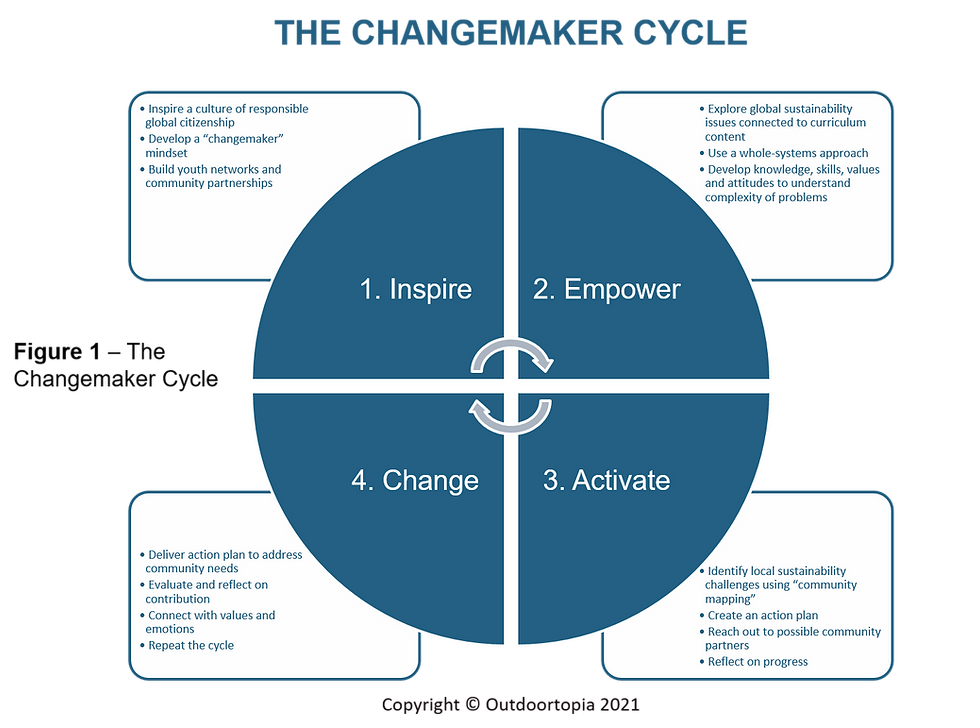What on Earth is Service Learning?
- Alex Moxon

- May 30, 2023
- 2 min read
Updated: Oct 2, 2024

What is service learning?
What is service learning? Good question! Service learning is an educational approach that combines community service with classroom learning. In other words, it's a way for young people to learn by doing something positive for their community. But service learning goes far beyond community service. It is an effective way to engage students in meaningful experiences that not only benefit their academic growth but also develop their social, emotional, and leadership skills.
What are the benefits of service learning?
Service learning provides a unique opportunity for young people to learn about the world around them by actively engaging with it. It can take many forms, from volunteering at a local soup kitchen to building a community garden, from cleaning up a local park to organising a fundraiser for a charitable cause. Regardless of the activity, the goal of service learning is to help students connect their classroom learning to real-world issues and experiences.
Service learning is an educational approach that combines community service with classroom learning. In other words, it's a way for young people to learn by doing something positive for their community.
There are many benefits of service learning for young people. One of the most significant benefits is that it helps students develop a sense of social responsibility and empathy. Through service learning, students can see firsthand the impact of their actions on others and the world around them. They can develop a greater understanding of the needs of their community and a desire to make a positive difference.
Developing 21st Century Skills
Service learning also helps young people develop valuable leadership and teamwork skills. By working together on a service project, students can learn to communicate effectively, collaborate, and problem-solve. They can develop a sense of ownership and responsibility for the success of the project and learn how to manage their time and resources effectively.

In addition to these personal and social benefits, service learning can also have a positive impact on academic achievement. By engaging in hands-on, experiential learning, students can develop a deeper understanding of academic concepts and skills. They can also improve their critical thinking and problem-solving abilities and develop a greater appreciation for the value of education.
One of the most significant benefits [of service learning] is that it helps students develop a sense of social responsibility and empathy. Through service learning, students can see firsthand the impact of their actions on others and the world around them.
Overall, service learning is a powerful educational tool that can help young people develop important skills and attitudes that will serve them well throughout their lives. By engaging in meaningful community service, students can learn to become responsible, empathetic, and effective leaders who are committed to making a positive difference in the world.









Comments